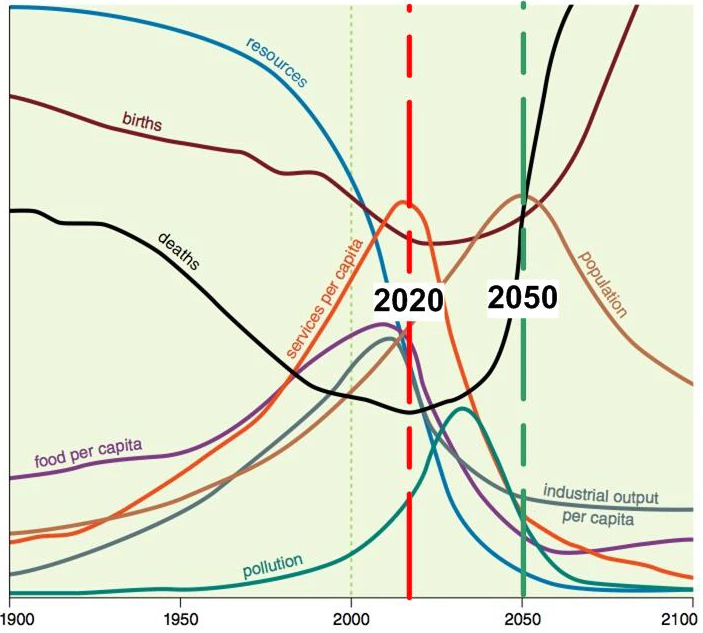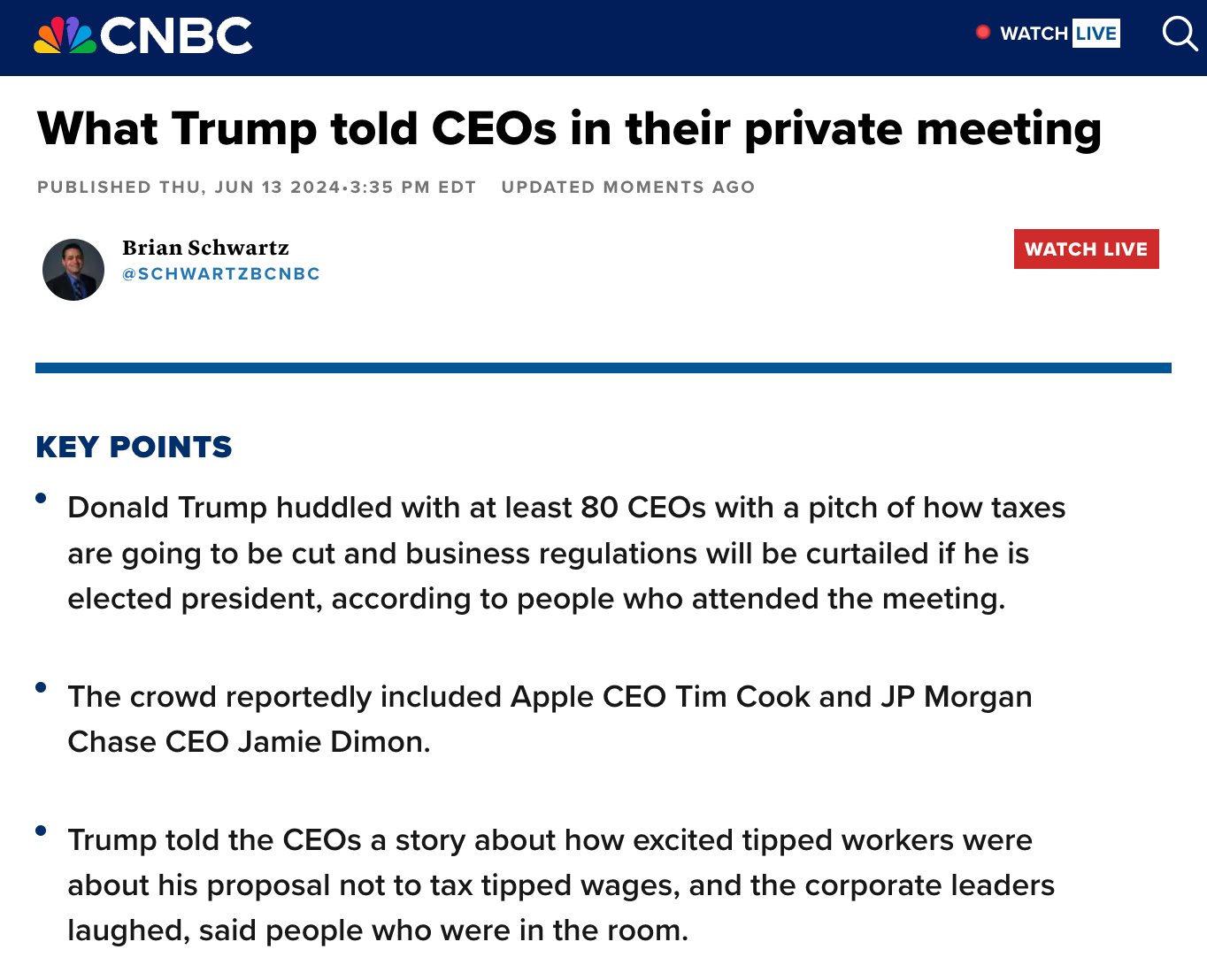Martin Frick told the BBC that some of the most deprived areas had now reached a tipping point of having “zero” harvests left, as extreme weather was pushing already degraded land beyond use.
He said that as a result, parts of Africa, the Middle East and Latin America were now dependent on humanitarian aid.
Mr Frick warned that without efforts to reverse land degradation globally, richer countries would also begin to suffer crop failures.
The Global Environment Facility estimates that 95% of the world’s land could become degraded by 2050. The UN says that 40% is already degraded.
This seems… bad. Of course, we could do something about it. In theory:
But he argued such an eventuality could be avoided by moving toward localised farming that seeks to reinvigorate the land.
The food agency chief said there was currently an “unhealthy dependence” on crops such as wheat, maize and rice, and the few nations that are large-scale exporters of them – creating food shortages that particularly affect the developing world when those nations’ harvests are interrupted.
He noted how the Russian invasion of Ukraine had caused grain shortages in places such as East Africa.
Mr Frick said that to tackle hunger and land degradation at the same time, the world’s poorest should be incentivised to rejuvenate degraded land through regenerative practices –
Not till catastrophe, at least in most places.
This is on top of loss of nutrients from soil, more extreme weather events which effect crops, water shortages, groundwater being poisoned, and some of the richest agricultural areas having their climates change so they are no longer as productive.
This sort of thing is why the food per capita line on the chart below (from Limits to Growth) is so… dismal.

Notice how fast that food per capita line drops, and notice also that it drops below the food per capita in 1900, not a year where people were known for over-eating.
I want to emphasize, again, that just getting a garden isn’t sufficient for personal food security. Weather and climate variability are going to make growing outside unreliable, and when you need the food most is when it fails widely.


 As for Biden, his claims to success are based on statistics that only a toddler or an economist would believe reflect reality, leaving aside the fact that he’s overseeing the loss of the US dollar as the primary trade currency, which will hurt the US worse than an Israeli shoving a red hot metal rod up a Palestinian civilian’s ass.
As for Biden, his claims to success are based on statistics that only a toddler or an economist would believe reflect reality, leaving aside the fact that he’s overseeing the loss of the US dollar as the primary trade currency, which will hurt the US worse than an Israeli shoving a red hot metal rod up a Palestinian civilian’s ass.